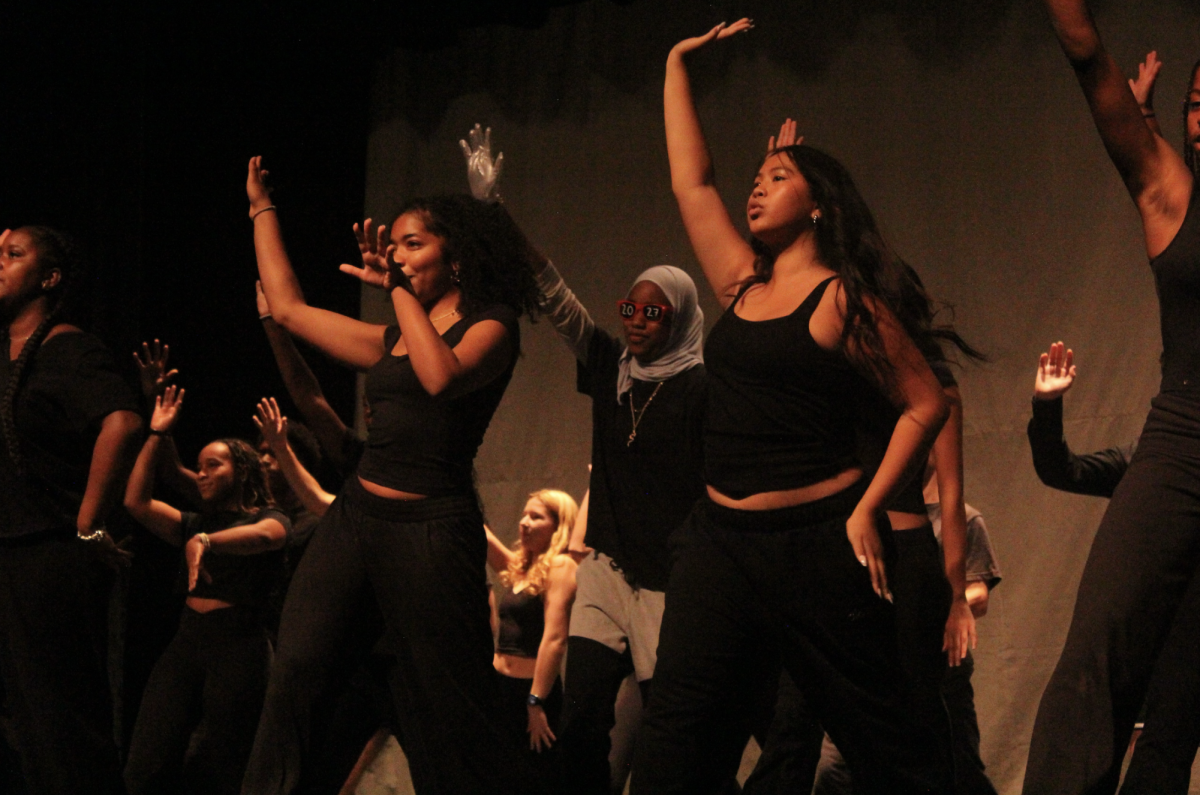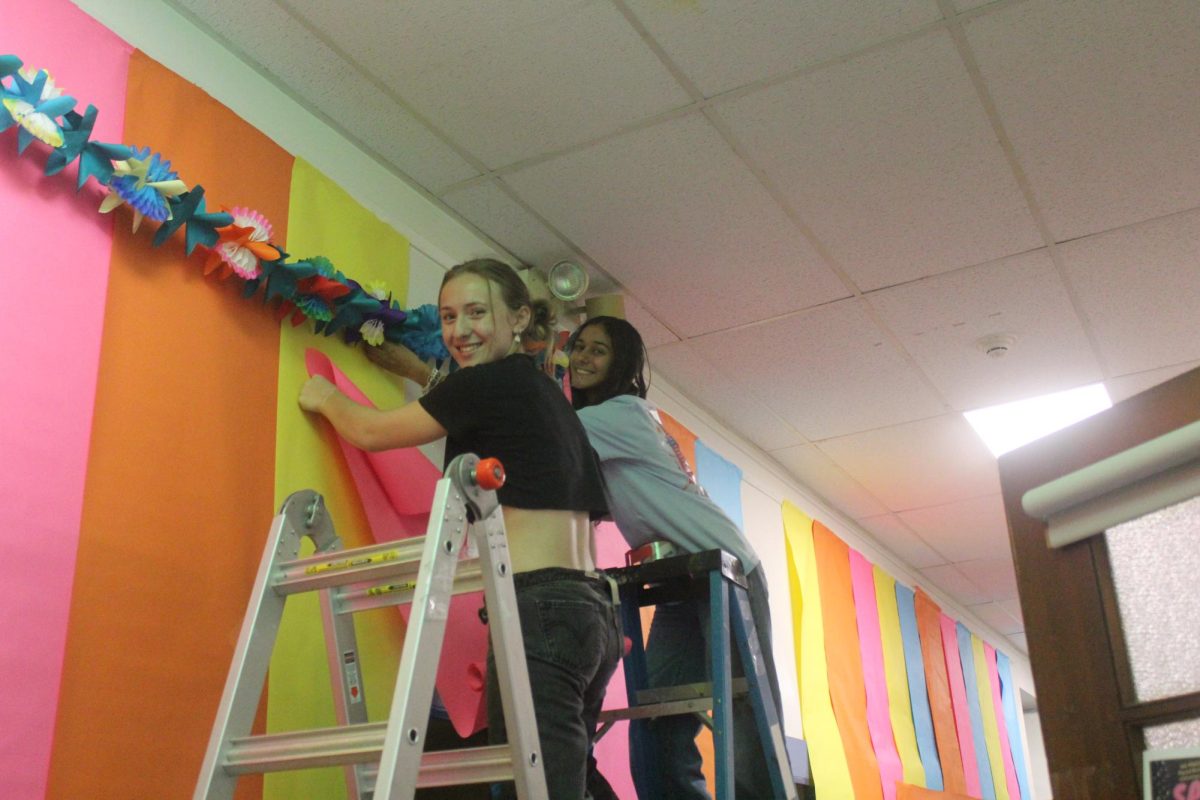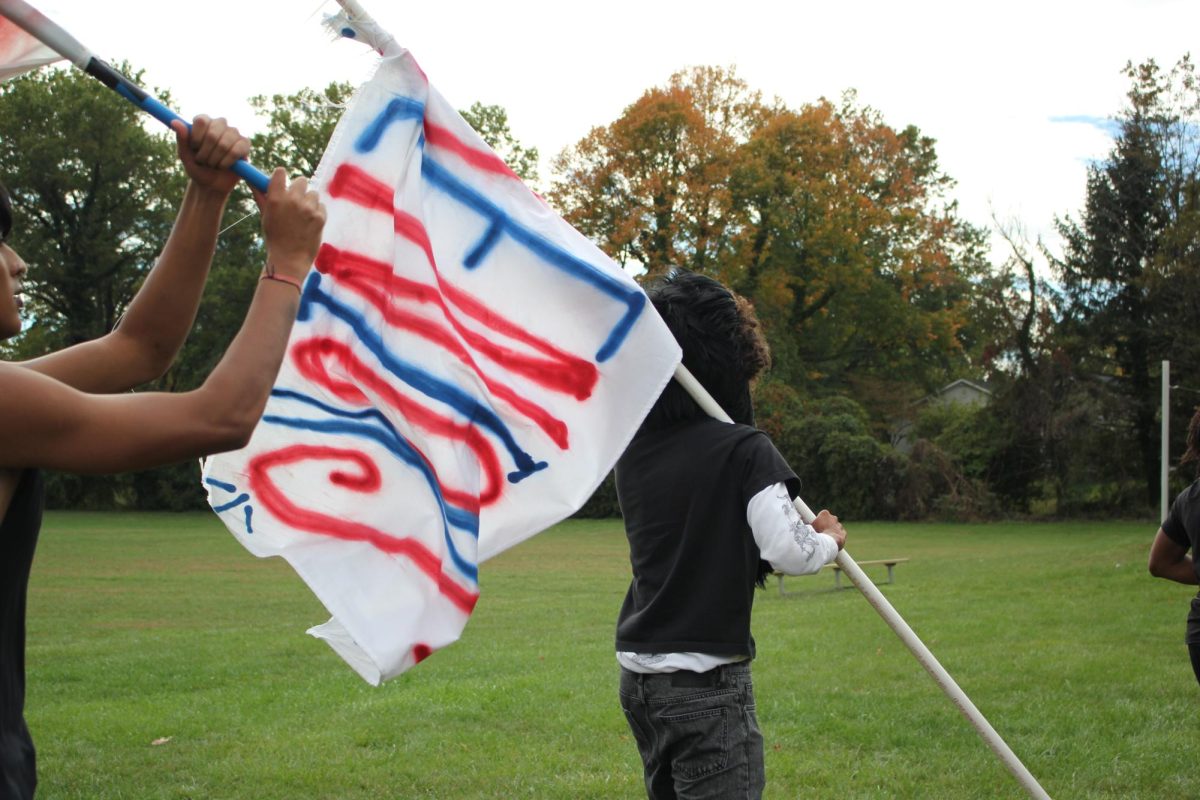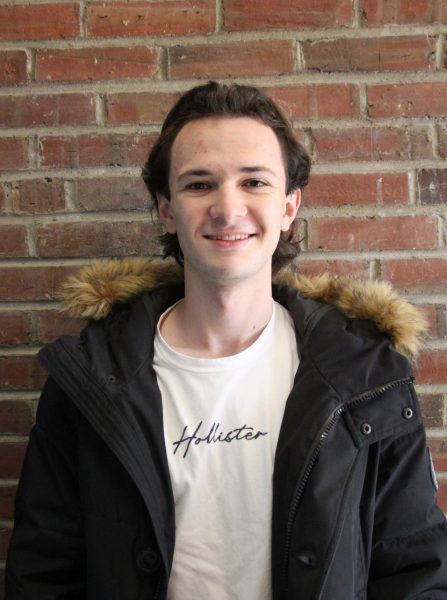In a decision met with equal parts concern and confidence, it was announced in an official statement on February 10, 2022 from Head of School Julia de la Torre that MFS would no longer require students to wear masks during school beginning Tuesday, March 8.

This most recent development has been under deliberation by the CRT for “a few weeks now,” according to Head of School Julia de la Torre. The email and video paint a fairly comprehensive picture of MFS’ revised COVID guidelines. Some of the new revised guidelines include the discontinuation of online schooling as an option for quarantining students as well as the conclusion of weekly testing for all grade levels. This indicates a starkly forward direction in our community’s return to normalcy in an increasingly post-pandemic world. In this sense, the victories our community has experienced in regards to COVID in recent months, namely MFS’ 85% vaccination rate and the 80% drop in case rates since February, in tandem with Governor Murphy’s lifting of the public school mask mandate, have given many a revitalized confidence in our community’s readiness to move forward with the decision.
Despite this, a considerable portion of the Upper School student body meets these new guidelines with a sense of general apprehension stemming from concerns surrounding the volatile and unpredictable nature of the virus.
Parker Colestock ’25, said, “To me, it’s a bit premature because COVID is still a prevalent issue.” He continued, “New variants of COVID come unexpectedly, and we can’t really see the future of what COVID could become.” He also added, “I feel like there’s a greater risk, and I think we definitely are sort of trading in safety for this idea of normalcy that we have in our heads when if things turn south and cases start to rise again or a new variant comes then was it worth it just so people could return to normalcy for a little bit just to be returned to where we were last year.”
Maya DeAndrea ’25, expressed a similar concern: “I think that cases are going down, which is a good sign for COVID, but I do believe that we should keep masks in place. I’m going to continue to wear my mask even though I’m vaccinated and boosted.”
In addition to this prudence, a large part of the community also seems to find themselves at a sort of middle ground regarding the issue. Aaniella Desai ’22 stated she felt “apprehensive but also kind of excited because it’s been something that we’ve experienced for so long. It’s not like I love wearing a mask, but it definitely makes me feel safer and it makes me feel even more safe when everyone wears one.”
Desai also expressed her confidence in the judgment of the CRT and their role in ensuring a safe transition for our community: “I think the CRT has consistently made good decisions that have benefited students and made sure everyone was safe while still trying to maintain a sense of community which is really important.”
Agenda Clerk Andrew Mercantini ’23 offered a differing opinion by saying, “I don’t personally have feelings either way [but] I think masks for some people are really difficult; I have friends with issues with lungs or asthma. I think for them they’re going to be put in a difficult challenge where they struggle breathing all day when wearing masks, but they also need to be wearing masks for protection against COVID. But I think that for others who just want to continue wearing masks that’s perfectly okay too.”
Upper School Director Noah Rachlin offered insight into the school’s decision-making process by saying,“I think as the committee as a whole thinks about what the experts are saying and really deferring to the experts … Our responsibility isn’t to make public health decisions —we leave that to the experts —, we just think about what it means to implement the policies, guidelines, and the recommendations that come from those local and state health officials.”
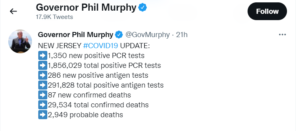
Additionally, Rachlin affirmed his faith in the decision by citing the scientific nature of the choice, “We’re regularly tracking data, and we’re mostly tracking recommendations from local and state health officials; we, in many ways, take our cues from those health officials.”
This assurance was mirrored by Head of School Julia de la Torre, who explained that, from her perspective, the most clear signal that our community was ready to move forward with amendments to COVID policy was the statistical improvement observed within MFS.
“The biggest thing that gives me confidence is how quickly Covid cases seem to be falling in our area,” explained de la Torre. She elaborated, saying, “Today we just announced that we only had two new cases,” and,“Over 92% of the Upper School is fully vaccinated.”
Despite this optimism, the administration also acknowledged the rapidly developing (and unpredictable) nature of COVID: “Right now, it is impossible for us to predict what it will look like in a few weeks,” said de la Torre. “ If there was a major spike in cases, we would follow the Department of Health’s guidance … whenever their guidance changes, we make changes to our protocol.”
The future of post-pandemic MFS was, according to de la Torre, “more of a question if you, the students, feel ready.”
Additionally, Rachlin spoke to the fact that “Everything we have started to do as a part of our response to the virus is subject to change as we move forward … we began the year requiring masks; now we’re getting to a point where masks are optional. Similarly, we’re moving away from offering virtual access to classes, so I think things like the awareness we have around [procedures like] physical distancing and the health screening could all potentially be changed moving forward. The biggest thing is we’ve tried to just be really agile and respond to the circumstances, so that will be our operating philosophy moving forward.”

Additionally, Rachlin expressed his understanding of the need to continuously reinforce our sense of community as the school takes its next steps: “It is essential that folks feel that they can make the decision that feels right to them without any negative social consequences … As an adult and as a person of leadership in this community, I am doing everything I can to ensure that people feel as though they are empowered to make whatever decision feels right to them.” Rachlin went on to say, “People still have all the opportunity they would want to wear a mask for the entire day, to wear a mask for part of the day, to wear a mask in some settings but not others, or to not wear a mask at all. It’s important for us to ensure that regardless of where people are in that space, that everyone feels good about walking into the building on March 8 and feels as though their choice is respected and there is space for that choice in our community.”


